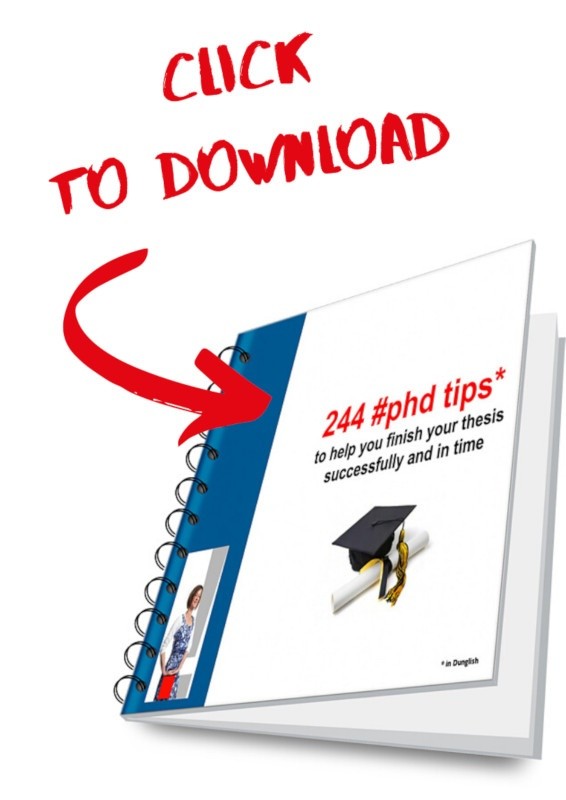What do you wish you had known when you started your PhD?
That’s the question Nature recently asked PhD candidates and supervisors worldwide. The result: 27 honest, relatable and sometimes painful lessons.
They confirm something I’ve seen for years: being smart or working hard isn’t enough. What matters is your process. When that’s in place, the content follows naturally.
(Read also: Why being smart isn’t enough to finish your PhD)
1. Don’t just choose a topic — choose the people
Most PhD candidates later say: I should have paid more attention to the match with my supervisor.
Supervision shapes your experience far more than the topic or institution.
Have early conversations about communication, feedback, and expectations — it prevents a lot of frustration later.
Helpful reads:
– Practical tips for meetings with your supervisor(s)
– Four questions for better meetings with your supervisor
– What does your supervisor need?
Also relevant for Dutch PhDs:
2. Take care of your mental health
A PhD isn’t a straight path. Doubt, stress, procrastination and standstills are part of it.
The difference between getting stuck and moving forward often lies in self-care: rest, nature, sleep, food, and rhythm.
As one respondent said: “My thesis got better when I started working less.”
Recommended reading:
– No rush PhD
– What they don’t tell you about doing a PhD
– Be aware of what you are doing
– Why it is a great idea to have a buddy and more ideas to avoid struggling on your own
3. Build your community
Many underestimate how lonely a PhD can be.
Writing groups, PhD circles and online communities bring relief. You’ll realise others face the same struggles.
If your university doesn’t provide that, create your own. A simple weekly check-in can already help.
Useful articles:
– Networking? Yuck…
4. Manage your time with rhythm, not pressure
Most people overestimate what they can do in a week and underestimate what they can do in a year.
Good planning is not about ticking boxes but about rhythm: what needs attention now, what can wait?
Falling, adjusting, starting again — it’s all part of the process.
A PhD is a journey, not a sprint — exactly what we practise in the Meters Maken program.
Related posts:
– Why time management for PhD candidates is nonsense
– Tips from PhDs to PhDs (8) on planning
– What cooking and writing have in common
5. Look beyond academia
Many PhD candidates stay too long in the belief they should remain in academia.
The truth: your skills are valuable everywhere.
Writing, presenting, collaborating, making decisions — all of these make you employable beyond the university walls.
Finishing your PhD isn’t an end point; it’s a starting point.
Good reads:
– Get started with Really Write
– What AI can (and can’t) do for you during your PhD
– What do you need to pay attention to with a poster presentation?
What this all shows
The 27 lessons from Nature aren’t a checklist — they’re a mirror. They show that success is not about doing more, but about choosing consciously, aligning well, and ensuring your process works.
It’s worth exploring the Knowledge Base, where you’ll find a lot of insights, tips and practical guidance for every stage of the PhD — including how to handle the obstacles you’ll inevitably encounter.
Would you like to strengthen your own process? Start with the book Travel Guide to Your PhD — your step-by-step guide to finishing your PhD with calm, focus and joy.






